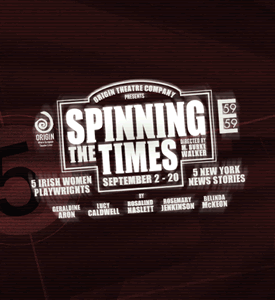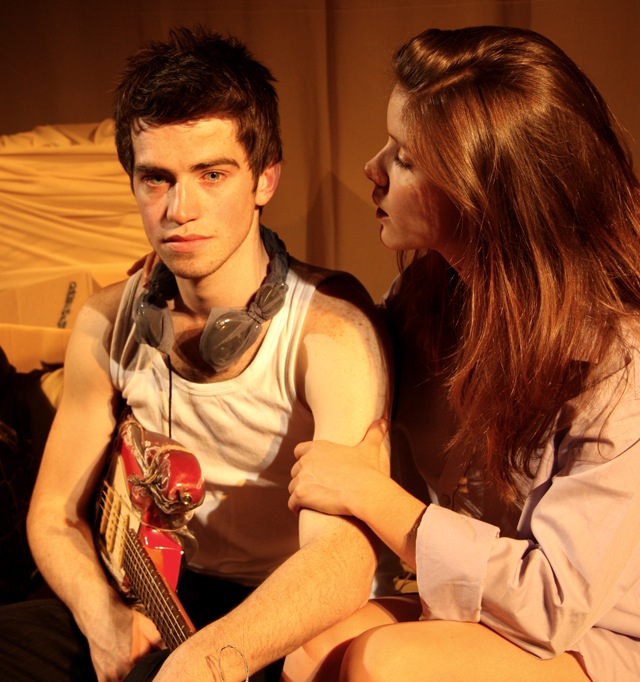 And they all told us we were crazy, everyone told us we were crazy. But we knew we were right. And now, I think: what if we were wrong? What if they were right, after all, and we were wrong?
And they all told us we were crazy, everyone told us we were crazy. But we knew we were right. And now, I think: what if we were wrong? What if they were right, after all, and we were wrong?
Bright twenty-somethings Molly and Conor have been married for a year. Forced to relocate to Conor’s family-home in Belfast, their love and understanding of each other is brought irretrievably into question. In Guardians, the beautifully crafted follow-up to Lucy Caldwell’s George Devine Award-winning play Leaves, Caldwell explores what happens when our expectations come up against reality, and how easy it is to miss our step. Guardians is directed by Natalie Abrahami, joint Artistic Director of London’s Gate Theatre: ‘A director of exceptional flair’ Guardian.
Cast & Crew
Molly: Sonya Cassidy
Conor: Andrew Simpson
Director: Natalie Abrahami Dramaturge: Ben Power Design: takis Lighting: Matt Prentice Sound: Steve Mayo Video Projection: Dick Straker for Mesmer Voice: John Tucker Casting: Camilla Evans Production Manager: Jae Forrester Stage Manager: Al Orange Assistant Stage Manager: George Moustakas
 Praise for “Guardians”
Praise for “Guardians”
“Now in its third year, the High Tide festival is based in the small Suffolk town of Halesworth and exists primarily to promote new writing. It has already notched up a big success with the London transfer of Adam Brace’s Stovepipe. Having seen two of the three plays on show this year, I would confidently predict an afterlife for Lucy Caldwell’s Guardians: the second in a Belfast trilogy that began with Leaves, seen at the Royal Court in 2007.
Caldwell’s gift is for exploring the texture of domestic unhappiness. In Leaves, she dealt with the impact on a middle-class family of their daughter’s aborted suicide. Here, she shows how young love can go disastrously wrong. Molly is an American doing a thesis on post-conflict societies, and Conor is a Belfast-born law student. Having met and married hastily in Indiana, they come to Northern Ireland to house-sit for a year in Conor’s parental home. Although they seem very much in love, rifts soon appear: Molly feels an outsider in Belfast and finds her academic work blocked, while Conor is unable to cope with Molly’s idealised vision of him as a talented musician. Within a few months they part, apparently irrevocably.
What Caldwell understands very well, in a manner reminiscent of Rattigan, is the inequality of passion: Molly simply has a capacity for love more profound than that of her young husband. While the theme may not be startlingly original, Caldwell invests it with a wealth of enlivening detail. Denied a family wedding herself, Sonya Cassidy’s wonderfully touching Molly sits alone desolately watching home movies of other people’s nuptials. There is something equally poignant about the admission of Andrew Simpson’s law-obsessed Conor that he is not as interesting as his wife once thought.
Caldwell may be a miniaturist, but she writes with real power about lost love and, although I found Natalie Abrahami’s production sombrely underlit, I was much moved.”
Michael Billington “Guardian”
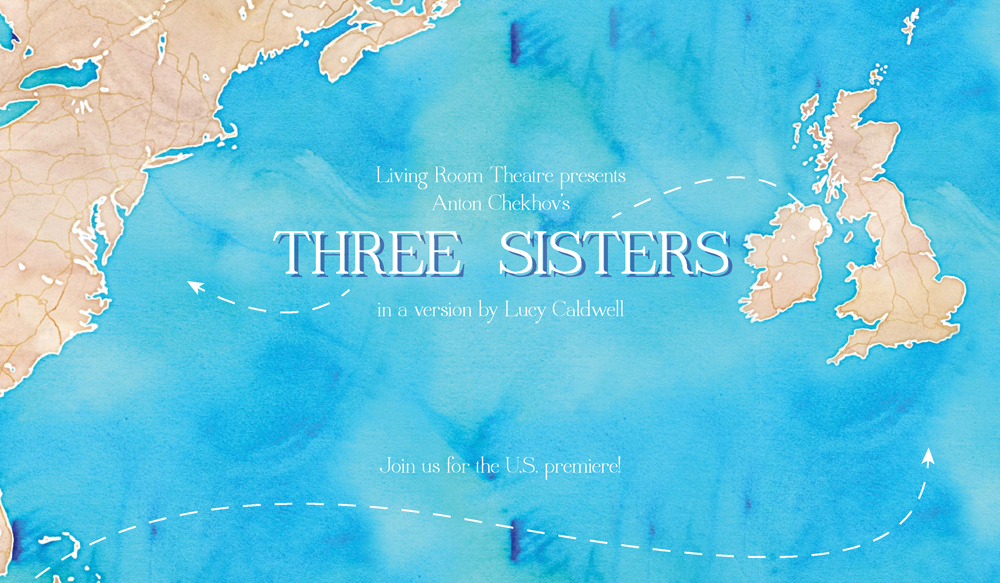

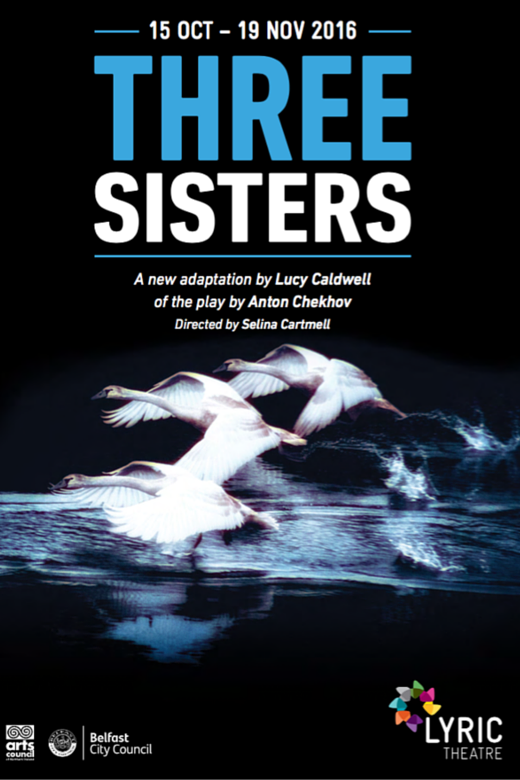 As part of the
As part of the 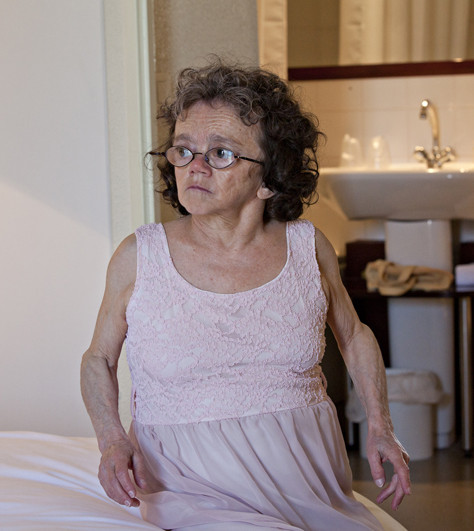


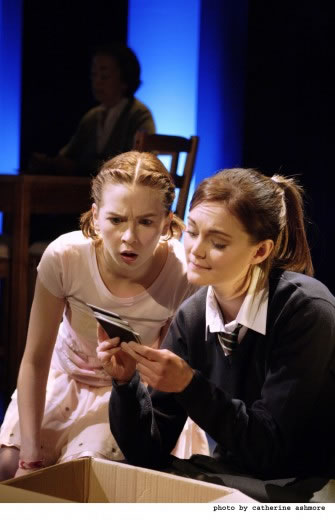 “Judy’s my mom. It’s an understatement to say she’s a bit of a hippy. I mean who else but a New Ager calls their baby ‘Philosophy Rainbow’? I try to go by ‘Sophie’.”
“Judy’s my mom. It’s an understatement to say she’s a bit of a hippy. I mean who else but a New Ager calls their baby ‘Philosophy Rainbow’? I try to go by ‘Sophie’.”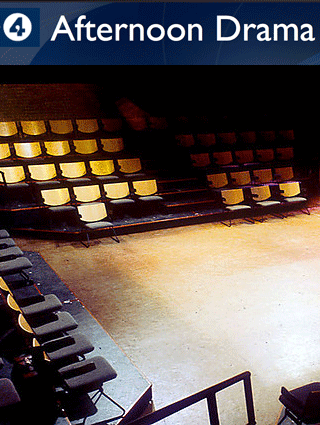 “Notes to Future Self” on Radio 4
“Notes to Future Self” on Radio 4